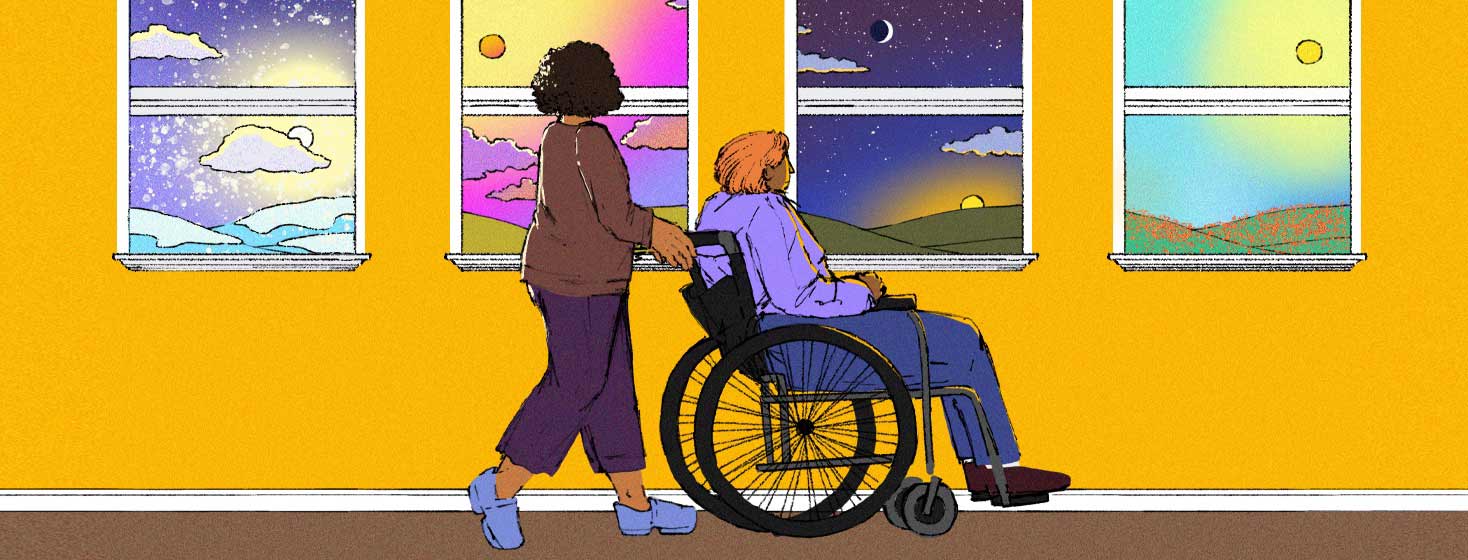The Nitty Gritty of Living with NMOSD
NMOSD is a rare disease. That means that finding a doctor who can treat you will not go without difficulty. The bigger the city you live in, the better your chances. All NMOSD doctors are MS specialists, so when looking for a doctor, I highly suggest you start there.
Finding an NMOSD specialist
Even when you do find a doctor that specializes in the disease, sometimes their level of education is still limited. In my opinion, this is the worst! These types of doctors make advocating for yourself very difficult because, all too often, they don't listen. It's like their egos get in the way of providing proper treatment. I've personally gone through three neurologists within a year for this reason.
NMOSD treatments and medication are rough
When I found out that I needed to get infusions for the rest of my life, I didn't think it was real. I honestly thought I misheard my doctor.
Different infusions for different folks
Well, it's a real thing. Without infusions, the risk of a chance of relapse increases, and we all know where that leads. Deciding which infusion treatment to be on is a conversation between you and your doctor because not everyone responds the same way to infusions.
There are also different infusion options, depending on if you are seronegative or seropositive.
A slew of prescriptions
Then, there are the steroids... If you don't have an allergy, you will never get away from this. Plasmapheresis treatment and steroids are proven to be lifesaving medications for people with NMOSD.
Most often, we are given medications like antidepressants to manage pain and mood. Then, there are the muscle relaxants for the spasms.
In my personal experience, I take daily vitamins, laxatives on a regular basis, blood pressure medication, and opioids. With that being said, everything comes with its own set of side effects which are rough on your body.
Dealing with ableism
Not once in my life did I ever think this would be a topic of my conversations, but here I am today. As if our disease was not hard enough, we are still living in a world where we are being judged based on whether we are sick enough to "deserve" disability resources or, even worse, to be treated accordingly.
On many occasions, I have been denied appropriate care because they couldn't see what I felt. Due to the same reason, I have been misdiagnosed, leading to permanent disability. Unfortunately, this is a constant conversation within the NMOSD community. Advocating for yourself is the best way to get around this. However, this is no exception, just like the many other things that cause us difficulty.
Adjusting to life with a disability
In my case, NMOSD caused serious mobility issues. Now, I need a wheelchair to ambulate safely. I found that this was no easy task. More so, I didn't realize that I would grieve the able-bodied version of myself as much as I did. It was easier to learn to use a walker and a wheelchair, sadly.
There's so much that goes into adjusting to being a person with a disability. To name a few:
- Making changes to your home
- Learning how to navigate physically with your new disability
- Changes to how your family operates
- Transportation adjustments
Again, everyone's situation is different; however, I personally feel that these parts of the process are the most difficult of all.

Join the conversation